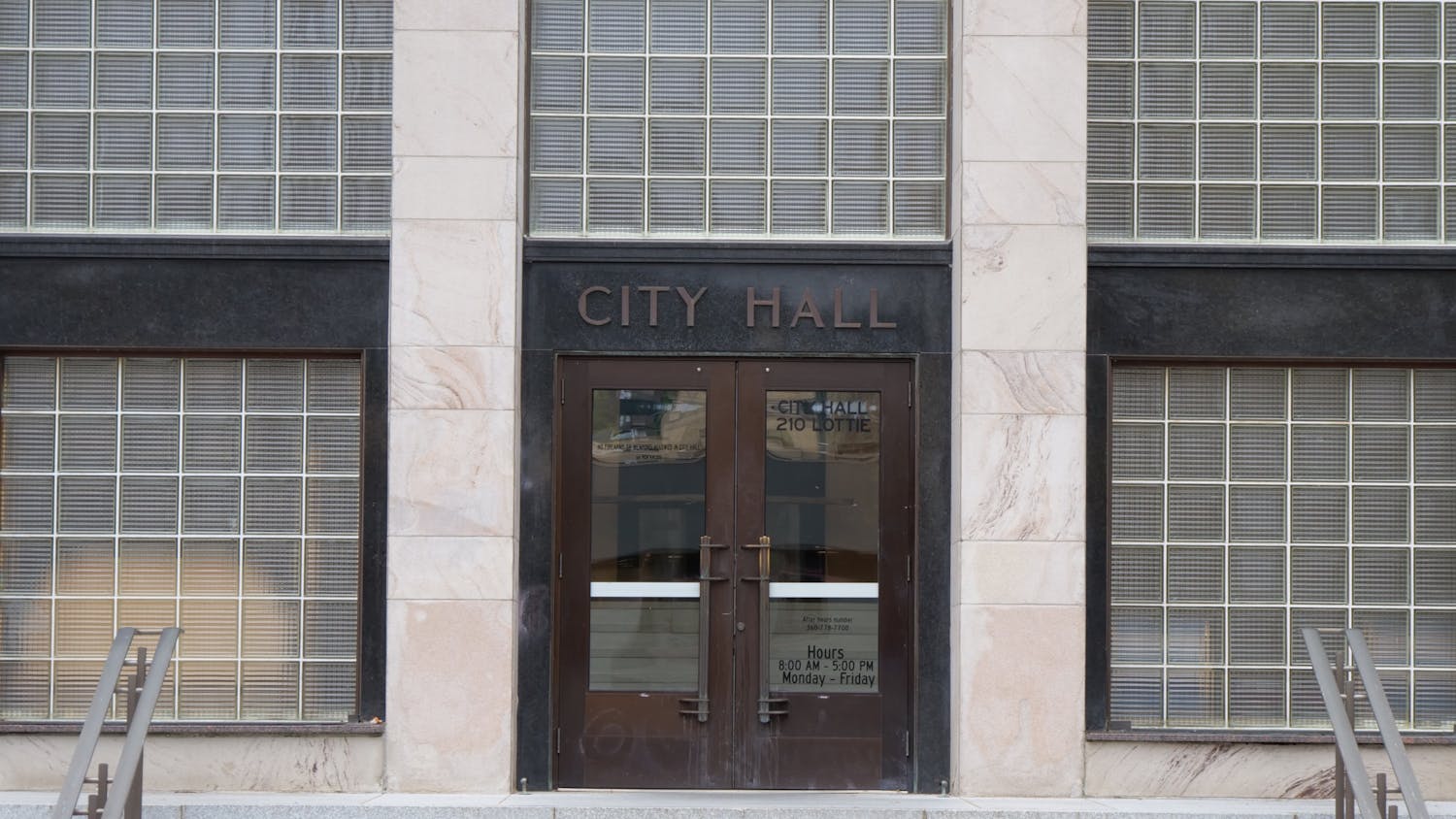As the Whatcom Racial Equity Commission enters its fourth year of development, the next steps include hiring an executive director and seating a board with representatives and community members, according to the enabling ordinance.
The Whatcom County Council voted 4-3 to establish the commission in Oct. 2022. This commission is focused on racial equity and how it appears in and impacts local communities, said Shu-Ling Zhao, community advancement director for the Chuckanut Health Foundation.
Representative members can include those from local organizations, including the Lummi Nation, Nooksack Tribe, city and county governments, law enforcement and schools.
The community side of the board will center on those with interest in or experience with racial equity issues. There are opportunities for students and youth, as well as social justice advocates and diversity officers, according to the ordinance.
Twelve spots are open for representative members while 19 are open to the community. All members will serve two-year terms and be selected by Bellingham Mayor Kim Lund and Whatcom County Executive Satpal Sidhu.
An appointment committee of six representatives from the city and county will be reviewing applications for appointed positions on the commission.
The goal of these positions, according to the ordinance, is to “represent the broadly diverse communities across Whatcom County with consideration to geography, income level, and a demonstrated commitment to diversity, equity, and inclusion.”
The Chuckanut Health Foundation has financially supported the early stages of the commission’s launch and will be an ongoing partner.

Zhao described a qualitative study conducted in 2021 and 2022 that included a focus group process with over 100 community members, according to the WREC executive summary.
“It was all kind of circling around the social determinants of health,” Zhao said.
The study found that racial equity work is generational, Zhao said. Whatcom County schools are also more diverse than the community as a whole.
Census data from July 2023 shows that 85.5% of Whatcom County is white, with US News and World Report stating that Bellingham School District is 65.6% white.
Terrance Morris, a stakeholder and participant in the planning process for WREC, emphasized youth voices as being an important addition to the conversation.
“They’re not our future, they’re our today,” he said.
Morris added that young people bring their own strengths to racial equity work.
“I believe young people bring critical perspective, energy and a necessary sense of urgency to solving our communities’ greatest challenges,” said Kaylee Galloway, Whatcom County Council’s youngest member, in an email.
Jason McGill, executive director of Northwest Youth Services, identified access for those who don’t typically have a seat at the table to be of strong importance for the commission.
“When you think you went deep, go deeper, and go to communities that you never hear from,” Morris said.
It’s been a hiccup for Morris during this process to have to explain the existence of racism in Whatcom County to people who don’t believe it is prevalent here, he said.
Racial equity work can be tiresome, and that is going to be a barrier for the executive director of the commission, McGill said.
“They’re going to get burnt out from having to navigate county government, which is deeply rooted in racist behaviors and systems and processes,” he said.
Frank Thomas is the senior court program analyst for the Washington State Minority and Justice Commission. Thomas said that advancing racial justice through the court system happens most commonly when coordination occurs between stakeholders, specifically with the involvement of community members.
“The most rewarding aspect is the feeling of accomplishment when we finish something that has a positive impact on the world and on marginalized communities especially,” Thomas said in an email.
A big benefit of the MJC’s work is their close proximity to the highest offices in Washington state, Thomas said.
As for his recommendations to community members looking to engage in this work, Thomas said that while the work can be time-consuming, it is worth having your perspective included in important discussions.
“Trust that you belong at the table and that your voice, experiences, and knowledge are essential ingredients to a successful commission initiative,” he said.
Thomas also said it can be challenging to push back on the notion that racial equity work is not worth the trouble of doing, which he said is common.
“It will always be a people-led effort, so you need the right people at the table who are willing to do it,” Thomas said. "Especially those from communities who have been historically excluded from public sector decision-making.”
Resistance to the executive director’s work may come from County Executive Sidhu, who McGill described as the status quo. “He’s not looking to do anything different,” he said.
Sidhu thinks the commission should be an impartial body, open to listening to the community’s “complaints, hardships or real stories,” he said. He also said it will be important for the commission to include voices from multiple geographic areas of the county, not just Bellingham.
“It is important that we get those people involved early,” Sidhu said.
Anyone wanting to participate in the WREC can apply on the Chuckanut Health Foundation website. Applications are due on Feb. 29.
Franny Vollert (she/her) is a city news reporter for The Front this quarter. She is a sophomore majoring in journalism with a news/editorial concentration. She enjoys reading, taking walks, and spending time with friends. You can reach her at frannyvollert.thefront@gmail.com.






